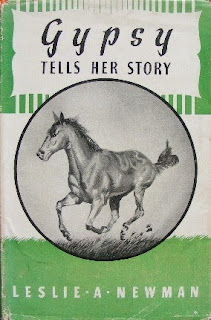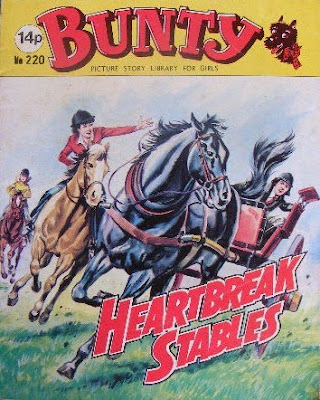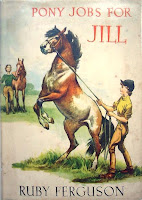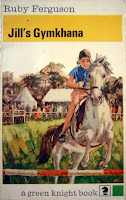What to call your pony book

Have you written a pony book? Writing a book is one thing, but thinking of a title for it is quite another. Do you tell the reader exactly what they’re going to get, or do you hint at it? Publishers in the past worked on the fair assumption that if you were looking for a pony book, the word ‘pony’ shoe-horned into the title would probably do the trick. And going by the evidence of the eighty years of so that the pony book has been going, they were not wrong. What do we want? We want a pony (and there’s a title for you for free, because as far as I know, no one’s snaffled that one, nor, oddly enough, He Wanted a Pony ). Diana Pullein-Thompson kicked off her solo publishing career with I Wanted a Pony and Peggie Cannam followed with She Wanted a Pony . There were titles that addressed the fantasy of owning a pony: the iconic Wish for a Pony, followed by Dream Pony (a popular title, this one), joined by A Very Special Pony , The Magic Pony and The Paradise Pony an...








